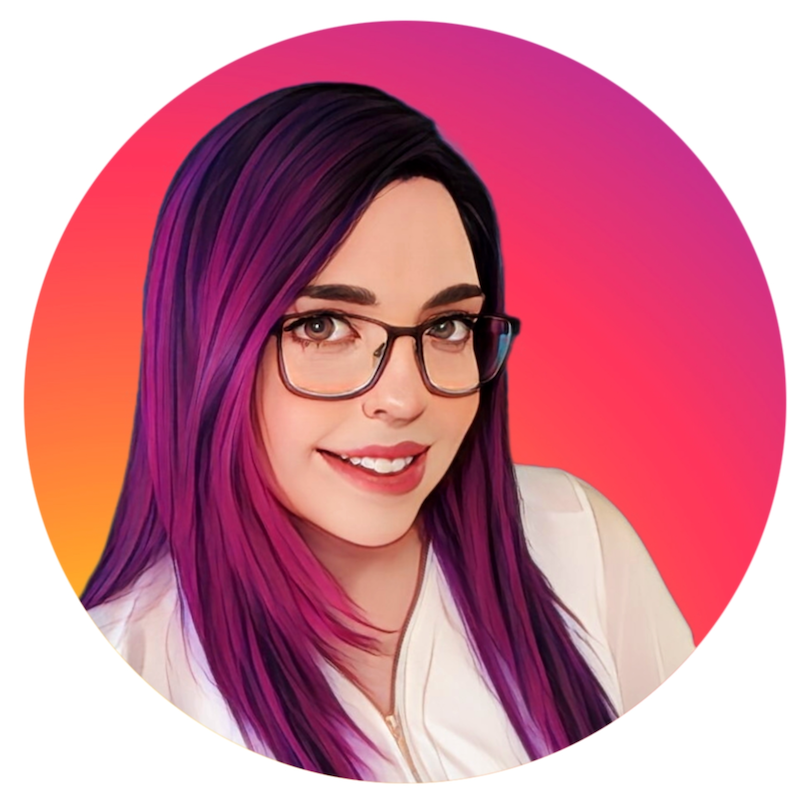Getting starting in the tech industry is a daunting experience. I remember being fresh out of university back in 2012 with big expectations of what the working world would be like.
Navigating the industry for the past 9 years has taught me a few key ideas that I feel really helped me steer my career in the direction that I wanted and ultimately made me a better developer today.
These are a few of my tips that may help you navigate through your new career in tech:
Find your people 👨👩👧👦
When I first joined the industry, I felt very isolated and alone in my world. I went to work, did my job and went home. I didn’t feel like I belonged, I didn’t look like anyone I worked with and it was a constant battle with my self-confidence to stay motivated.
This changed after I learnt about meetups and conferences, a spark lit up and I really started to enjoy my work and coding again. I met more people who looked like me, who really enjoyed making things like I do, and that’s when my career (and my thoughts about myself) really changed. I found a community of women that supported each other and suddenly I knew I wasn’t alone.
Not only does finding a community help you feel more connected to the rest of the world, but it can be really useful to make connections at other companies and understand what other organisations are doing. One day, this will likely help you find your next job! Having a network of people outside of your current organisation will really help in the long term, even if it doesn’t feel like it now.
I’d recommend looking on meetup.com for local meetups and joining your local Google Developer Group / Women TechMakers chapter, to meet other techies.
Don’t get too attached to your code 🔐
I can remember this experience so vividly. I was working on a project that was a new app, we’d been working on it for about 6 months when we all got called into a meeting to be told that the project was called off. They had bought a company that had already made the software we were building. I was gutted. It was so disheartening as I had so much excitement around the project.
It was at this point in my career where I learnt the valuable lesson of learning to let go of the code you write. It’ll likely be deleted at some point, or never used, or changed tomorrow by your colleague. It is totally normal for code to evolve and change. Learn to embrace changes that may not be what you expected or hoped for. Don’t get too attached to your code.
Specialise in something 👩🏽🔬
In my career, very early on, I really took Android Development seriously. I absolutely loved every single thing about it (and still do). There are a lot of people who advocate for being more of a generalist developer than specialist. Whilst that may have worked for those people, I found that specialising gave me the advantage I needed when applying for roles that were hyper-focused on Android and were specifically looking for those skills.
I’d encourage you to try focus on one area of development for a while and get really good at it. Be able to understand, create and really dive into the details of that framework or paradigm.
In my first year I explored a bit of everything: C#, JavaScript, Java… from websites, backend work to desktop apps – I was doing it all. I think this first part of my career was useful to me, I had taken some time to really choose what I liked and what I didn’t enjoy as much.
After choosing to dive into Android, I really started gaining the deeper understanding of how front-end development worked. I believe this was really beneficial for my career. Recruiters are looking for people with specific niche skills and generally the more specialised you become, the more you can earn. I know when I’m looking at a CV if there is a lot of experience in many different languages and frameworks in a very short space of time, it can be difficult to decipher how much experience a person has in the skills you are looking for.
This is not to say that being a generalist won’t be a good approach either, I’m merely speaking from my own experience. Once you’ve specialised in your area, you’ll realise learning a new platform or technology isn’t that difficult as a lot of the concepts transfer over. But if you are constantly switching frameworks and languages early on, you will spend a lot of time learning how things are setup, and not necessarily the skills you need to really understand one fully.
Make your work visible 🌍
Being a Women in Tech is difficult, you are constantly questioned about your abilities and there are way more obstacles in the way for you. You constantly have to prove that you are good enough.
At the beginning of my career, so many people doubted my abilities. I remember my first year of work very clearly, I was working hard and getting stuff done. All my male colleagues who were at the same level as me (that started at the exact same time as me), got promotions, but myself and another woman didn’t. Upon questioning this, I was told I wasn’t good enough to get that promotion, with no clear reason given as to why.
These kind of interactions can really take a toll on your confidence and eventually you start believing that you truly aren’t good enough to be in tech.
The way I eventually gained more confidence, was to just keep sharing what I know. Eventually I became known for certain areas of my work and people were sharing my articles with each other to learn from. It is an incredible experience to have your opinion and advice followed by thousands of people.
And the one interesting side-effect of sharing what you know? All of a sudden people see you as an expert in that area, and they trust you more and your opinion becomes more valued. It is a strange side effect, I know – even I was surprised by how people’s opinions of me changed. But believe me when I say, write up your work and share as much as you can with blog posts or talks. Suddenly the respect you will gain in the industry will grow and people will stop doubting your abilities. You’ll get more job opportunities because people can see what you can do.
I used to get embarrassed when people would recognise me or my work: “Oh yeah, I know riggaroo – her articles helped me on XYZ” but looking back, I’m actually so damn proud of myself.
I started out writing musings here about how I struggled with a Lego Mindstorm robot in university, with little expectation of what this blog would become or how many people might learn something from it. Here I am 80 blog posts later, with thousands of views on some of my YouTube videos (imagine telling recently-graduated-Rebecca that this would be the result from moaning about a robot?). I just can’t begin to explain the benefit that blogging and speaking has had on my career.
Believe in yourself ✨
When I started out in tech (I guess even before choosing a career in tech), I saw people in more developed countries doing incredible things and I just didn’t believe I could be someone like that. It is kind of drilled into you as a kid, “you aren’t good enough if you don’t live in <insert fancy country here>” or “you aren’t good enough, you didn’t study at <insert fancy university here>”.
But after being in the industry and getting to know people all across the world, I realise now that just because I’m from a developing country doesn’t mean I am a worse developer.
The only difference between you and someone from a more developed country, is the belief in yourself. Confidence is often the missing ingredient stopping you from doing a conference talk, releasing a library, or writing a blog post.
This confidence is hard to find and doesn’t come naturally to a lot of people. But once I realised that all I didn’t have was confidence, my perspective on things changed. I realised that where I got my qualifications (or what qualifications I had) didn’t matter and I could build great products too.
Finally
My journey from choosing to start a career in tech to now has been a challenging one. I’ve realised that being a Women in Tech is not nearly as simple as I thought it would be and my hope is that it becomes easier for women in the future. We need to help each other grow into our careers, and my hope is that these few tips can help guide you as you start to navigate your career.
Feel free to reach out to me on Twitter if you are looking for some guidance.
*Disclaimer: Just a reminder that the content of this blog post is my opinion, and yours may be different. That is totally okay. This is just what I’ve found to be true and effective in my career, your experience may differ. Results may vary 😆.

